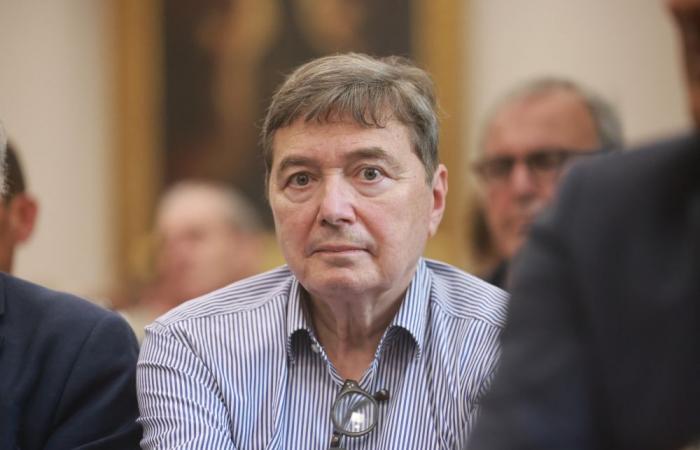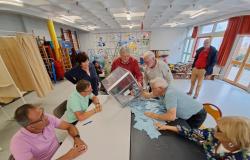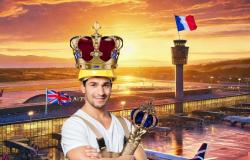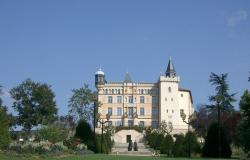Your talk is entitled “An island beyond the law? Corsica and justice, a sociological approach”. Islanders are often presented as being above the law. Why this title?
Using the term “below” implies that we are flying under the radar. At the end of the 1980s, I was a member of the administration in Corsica. And, very often, the State lets things happen, I am sure of that. At certain times, Corsica is repressed. At others, a lot of things are allowed to happen, it is in phases.
The expression “above the law” implies that the Corsicans don’t care about the law. But this is not proven. In the minds of the population, however, there remains a form of ambivalence in my opinion: on the one hand we must respect the laws of the Republic, and on the other, there are customs which have the force of law, to which we must obey.
Corsica has also often been presented as the most violent region in metropolitan France. Does this image persist in a French society itself presented as, overall, increasingly violent?
The idea that French society is becoming more and more violent is an ideological conception. Even if it is true that the national homicide rate is slightly increasing, it remains very low compared to countries like the United States for example. As for Corsica, it is true that it has always had a higher homicide rate than the rest of the country. It is the ratio between the number of homicides and the population that is higher. These are often murders between gangs linked to territorial issues, or honor crimes. However, unlike other crime-prone regions like the Côte d’Azur, there is much less petty crime, less daily violence. There is also a whole comedy, even an ostentation around violence here. I remember a sentence that a former politician told me when we were young: “We are proud to be the most violent in the world”.
Why maintain this image ourselves?
I think that, like other Mediterranean regions, Corsica still lives in masculinity, we show that we are virile. We must not lose face. There is also a tradition of self-defense. The abundance of weapons bears witness to this. The Genoese already, several centuries ago, wanted to disarm the Corsicans.
In 2013, Manuel Valls, former prime minister of François Hollande, sparked an outcry by declaring that violence was rooted in Corsican culture. Is that what you describe?
No, what he says is an illusion, since the majority of the population is not violent. There is nothing genetic either. I think Valls is going too far at this point. There is a culture of honor that can, sometimes, give rise to certain forms of violence. This statement is a form of intellectual resignation: by saying this, he avoids the main question, namely: How should the State manage this problem? Because it is not up to citizens to find a solution, but rather up to the State.






